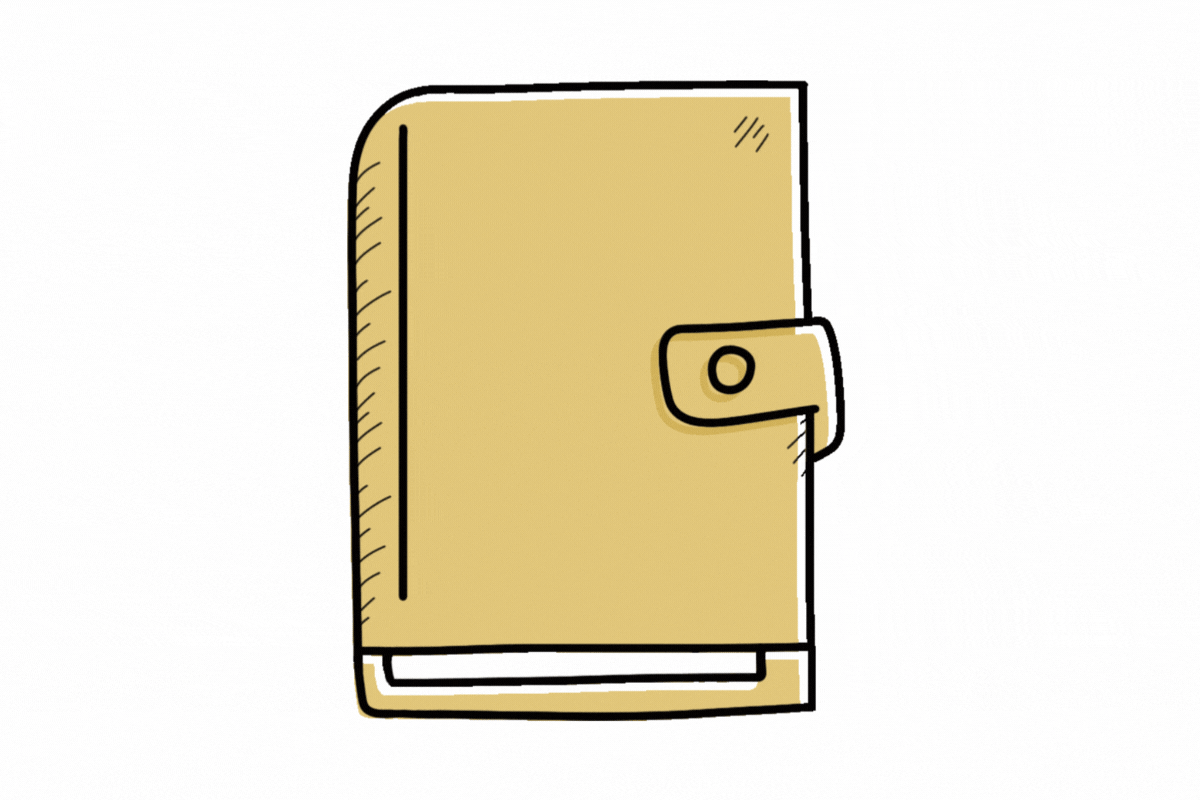
Overview: Journaling is a form of self-reflection that can provide actionable insights in your life. I’m a late comer to journaling but have been refining my method this year. In this post I share a few updates to my method. Reading time ~ 3 minutes.
I outlined in a previous post how I have started journaling with wellbeing and productivity in mind.
Its not a practice I have done much over my life, but I’ve been able to sustain it for 6 months now and have no intention of stopping. I am still using Workflowy.
I find its a good way for me to process the rapid change in my own life, as well as the world around me. It is also a good way of centring one’s thoughts before doing a to-do list for the day.
I use a system in which I am required to write on the basis of pre-set prompts. These prompts are chosen on the basis that they help me activate ideas/concepts/thinking that I know from my work to be beneficial. For example, there is a gratitude prompt built on growing understanding of value of gratitude practices. The presence of multiple prompts reflects that a complex life requires consideration of many moving parts.
In the last post, I had 7 prompts.
I now have 11. The new additions/changes are highlighted below with their rationale.
- setbacks
- holding me back – a consideration of fears or worries that might be stopping me taking action in my life.
- wins/grateful
- emotional status and willingness to have – I consider not only how I am feeling, but also my willingness to have those feelings (inspired by a meditation series by Oren Jay Sofer on the Ten Percent App)
- reflections
- learnings
- small optimisations – what Tiny Habits I am trying to develop at the moment and how that process is going
- WHY
- my needs – a consideration of my psychological needs and which I might not be getting met, or am trying to get met in maladaptive ways
- future
- 💀 – a memento mori – a reminder that I will die and how will I wish I had spent the day
It may seem like a lot, but I tend to take around 10-15 minutes to do this journaling process, which is only about 1% of the day.
In return, I get to dig a little deeper into my own psychology, learn something about myself and use that knowledge to try and make better choices that day.
I present my method not to suggest that you should do the same, but as an invitation to consider whether your might find some value from journaling.
There are many guides online to different styles of journaling. What many share is that they encourage you to examine your life more closely and use that insight to drive change and adaptation.
Let me know if you start something and how it goes.

